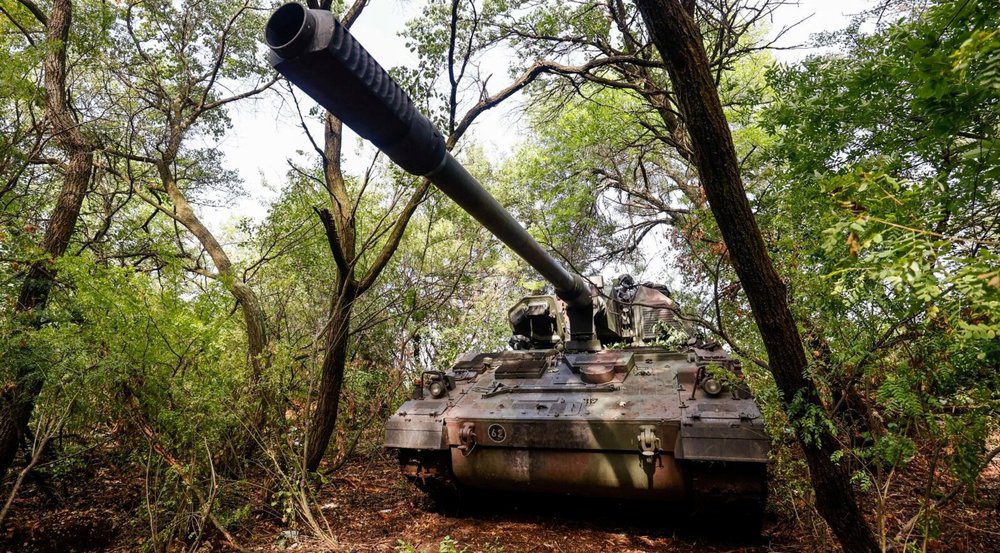
Two-thirds of German howitzers await repairs as bureaucracy slows Ukraine’s combat capabilities
When Western weapons are damaged in the war in Ukraine, they must often be sent abroad for repairs, leading to delays of months, writes Deutsche Welle.
As of January 2025, the situation on Ukraine’s front lines remains tense and dynamic, with significant fighting continuing in critical areas such as Toretsk and Kurakhove. Ukrainian forces are actively defending their positions and have recently intensified operations in Kursk Oblast.
One Ukrainian artillery soldier told the journalists that fighters highly value German Panzerhaubitze 2000, praising their quality and precision. However, the howitzers are used so intensively on the front lines that they frequently break down.
The most common issues include software malfunctions, control system overheating, and gun barrel wear. According to a division commander, up to two-thirds of the German howitzers can sometimes be out of service. Even repairs that Ukrainian technicians could perform on-site, such as barrel replacements, are delayed due to a lack of spare parts.
“How long it takes to repair depends on the replacement parts: between two and six months,” Nahaj said.
Marcus Faber, a member of the neoliberal Free Democrats, told Bild that it is absurd that more weapons systems can not be deployed back to the frontlines because of a lack of spare parts rather than as a result of enemy fire.
Efforts are underway to minimize delays and bureaucratic hurdles. For instance, the Franco-German arms group KNDS, which produces howitzers, opened a subsidiary and office in Kyiv in early October. This move aims to improve coordination with Ukrainian authorities and repair facilities, accelerating equipment repairs.
“Insiders report that equipment needed to repair howitzers, tanks, and other heavy equipment has already started to arrive in Ukraine from Germany and France,” said the report.
The German government has stated its goal to provide the Armed Forces of Ukraine with comprehensive materials to facilitate independent troubleshooting and maintenance.
However, military equipment repairs are also slowed by bureaucracy. In Germany, each spare part requires a separate export license for military equipment. According to a representative of one defense company, this process can take months.
He noted that manufacturers support creating a “military Schengen zone” to simplify the approval process within the European Union and accelerate the transportation of weapons between member countries without export licenses. A source from a German defense company told DW that integrating Ukraine into this process would be vital.
Related:














